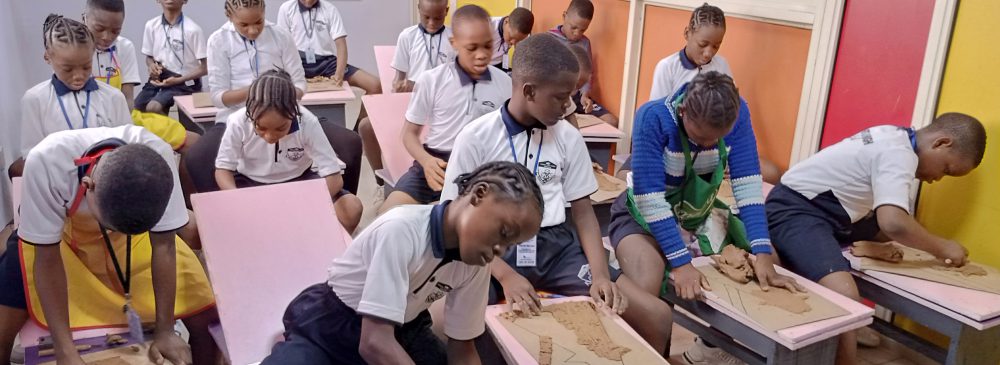
Crisis exists in art education. In the UK, school time and funds are under pressure, and ‘core’ topics are valued more highly in school inspections as a measure of academic achievement. The arts, music, and drama are frequently ignored in the curriculum. The number of students choosing to major in the arts at school has steadily decreased as a result of this.
In 2018, the University of Nottingham conducted a significant research project for Arts Council England called Tracking Learning and Engagement in the Arts (TALE), which demonstrated the overwhelmingly positive effects of arts and cultural education for young people. Thousands of young people’s experiences and opinions, as well as those of their teachers in secondary and special schools, were incorporated into the research.
Some of these voices, research findings from TALE and other studies, and useful tools for studying art have been compiled by us.
Explore, participate, and voice your opinions, whether you plan to take art as a GCSE, want to study art or design in college, or are a parent or teacher concerned about arts education.
Why is studying art important?
Learning through and about the arts enhances the academic experience and helps kids get ready for life after school.
How are art classes conducted? What do you discover?
Compared to other areas in the school, the art room is particularly unique. The activity in the art classroom is described by TALE researcher Lexi Earl on her visit to Archbishop Tenison School in London:
There are heaps of sketchbooks, pencil jars, paintbrushes, and painted sinks. Students can consult massive art reference books. Both a kiln and a dark room can be present. Work is either pegged up over the sink like clothing on a washing line or dried on trays.
How are art classes conducted? What do you discover?
Compared to other areas in the school, the art room is particularly unique. The activity in the art classroom is described by TALE researcher Lexi Earl on her visit to Archbishop Tenison School in London:
There are heaps of sketchbooks, pencil jars, paintbrushes, and painted sinks. Students can consult massive art reference books. Both a kiln and a dark room can be present. Work is either pegged up over the sink like clothing on a washing line or dried on trays.
Have your say!
Do you believe that art has value? Do you believe that the arts should be a mandatory component of education? What potential benefits do you see from studying art?
16, Afisuru Street, Ajuwon,
Ogun State, Nigeria
+447535648939
+2347061777723
+2347048610674
admin@whitelilyschool.com
admission@whitelilyschool.com
Mon – Fri 7:30:00A.M. – 5:00P.M.
UP coming Event
High School OPen Day
White Lily High School Open Day comes up on 22 February 2023
Contact us for more info